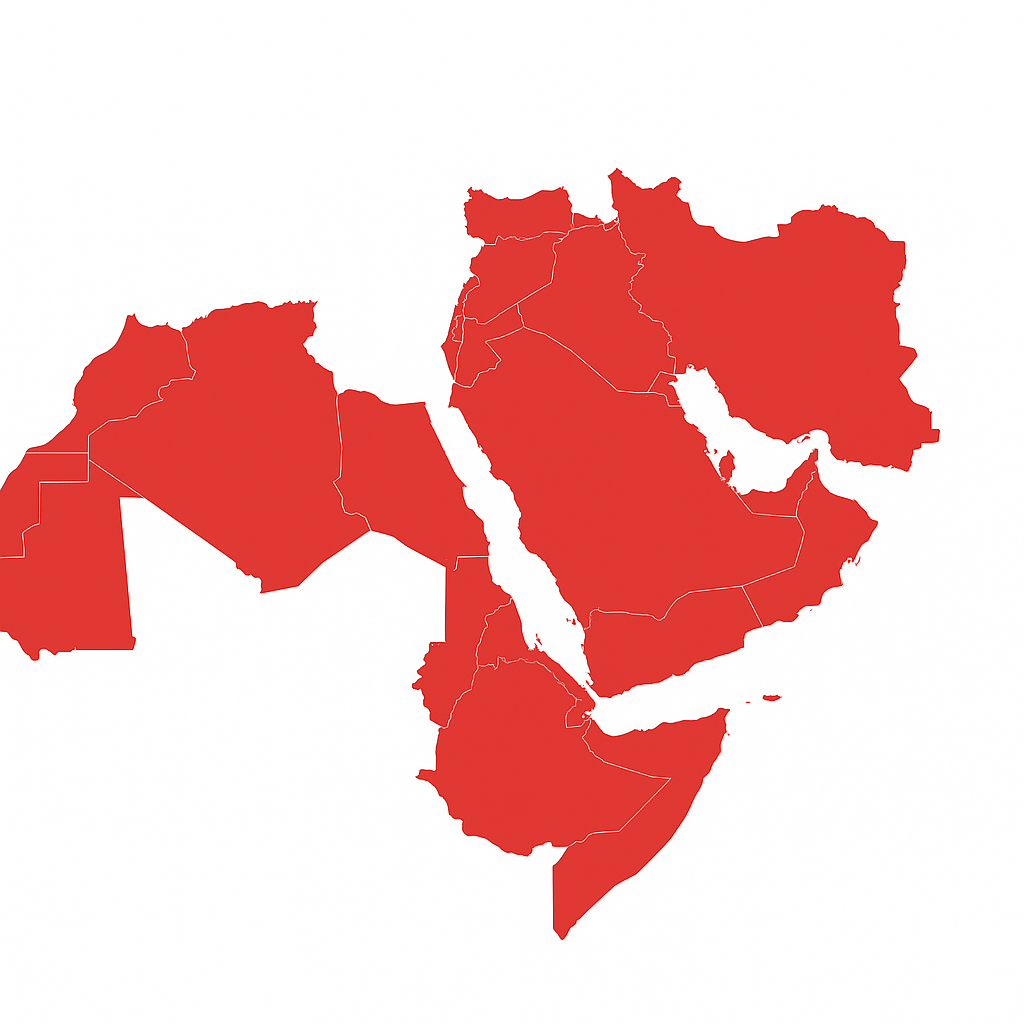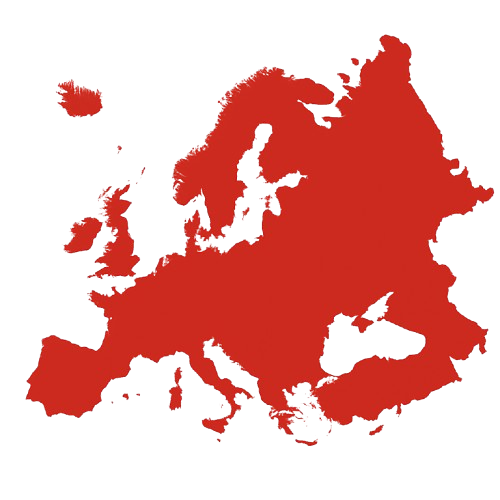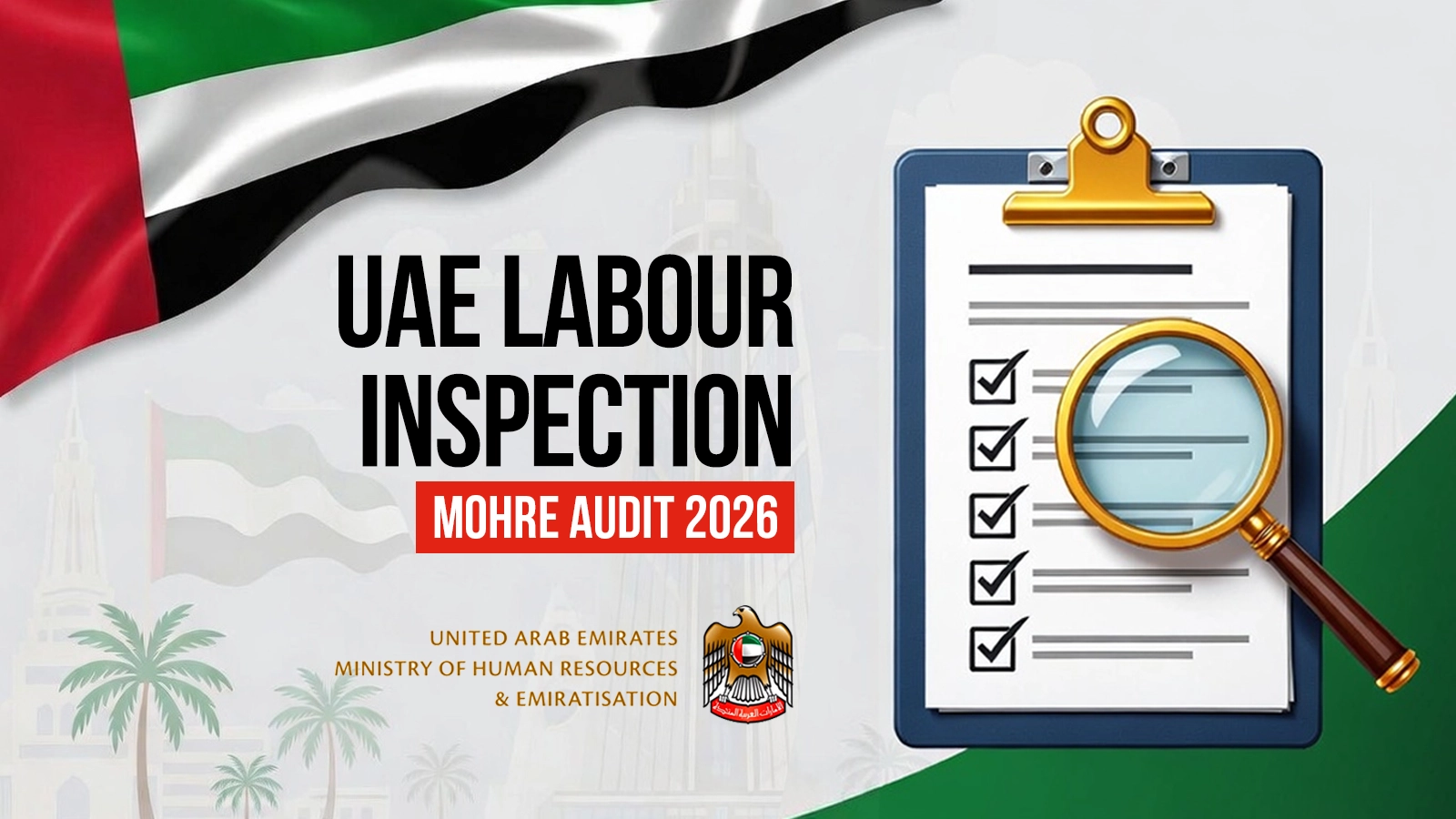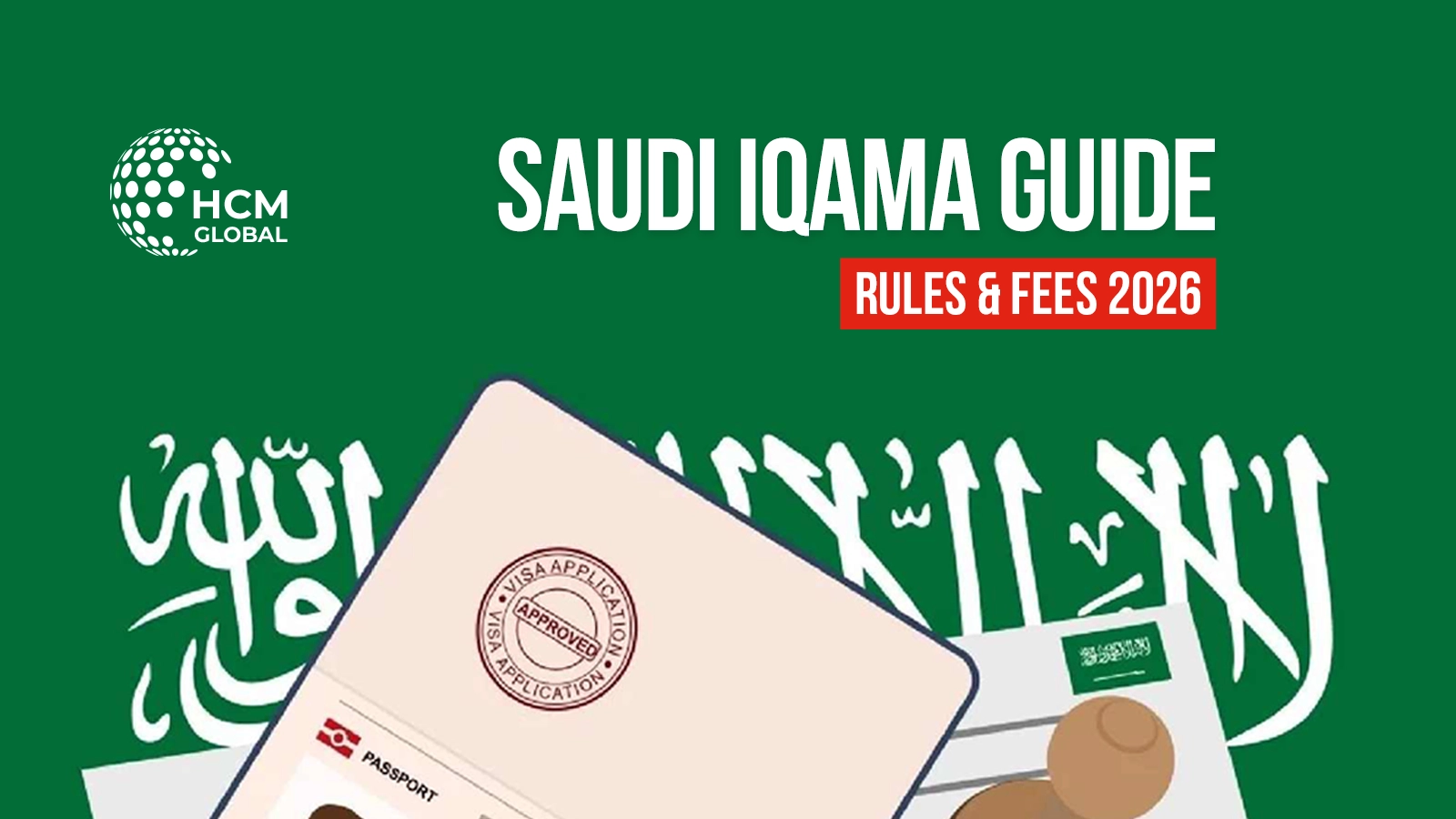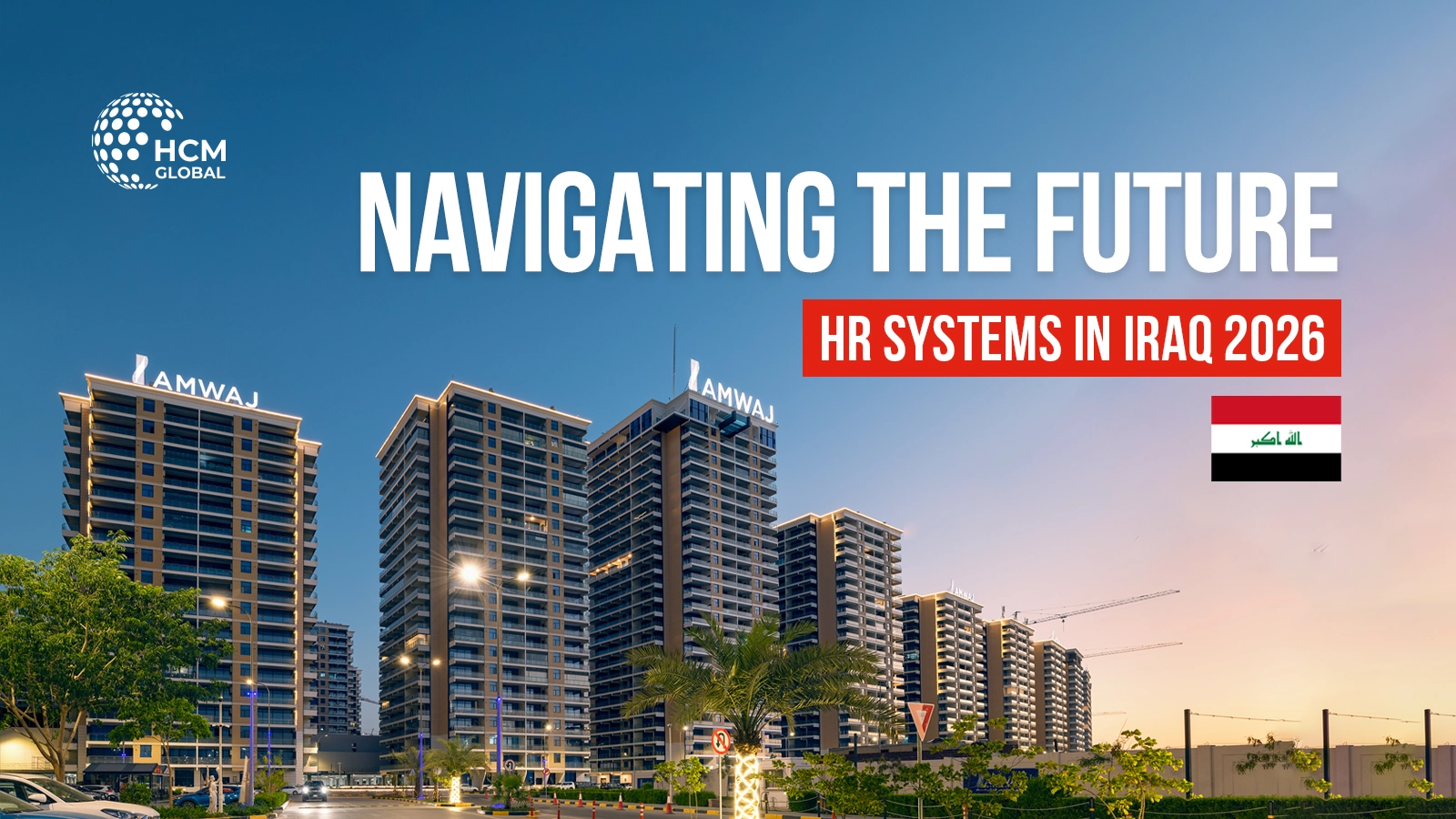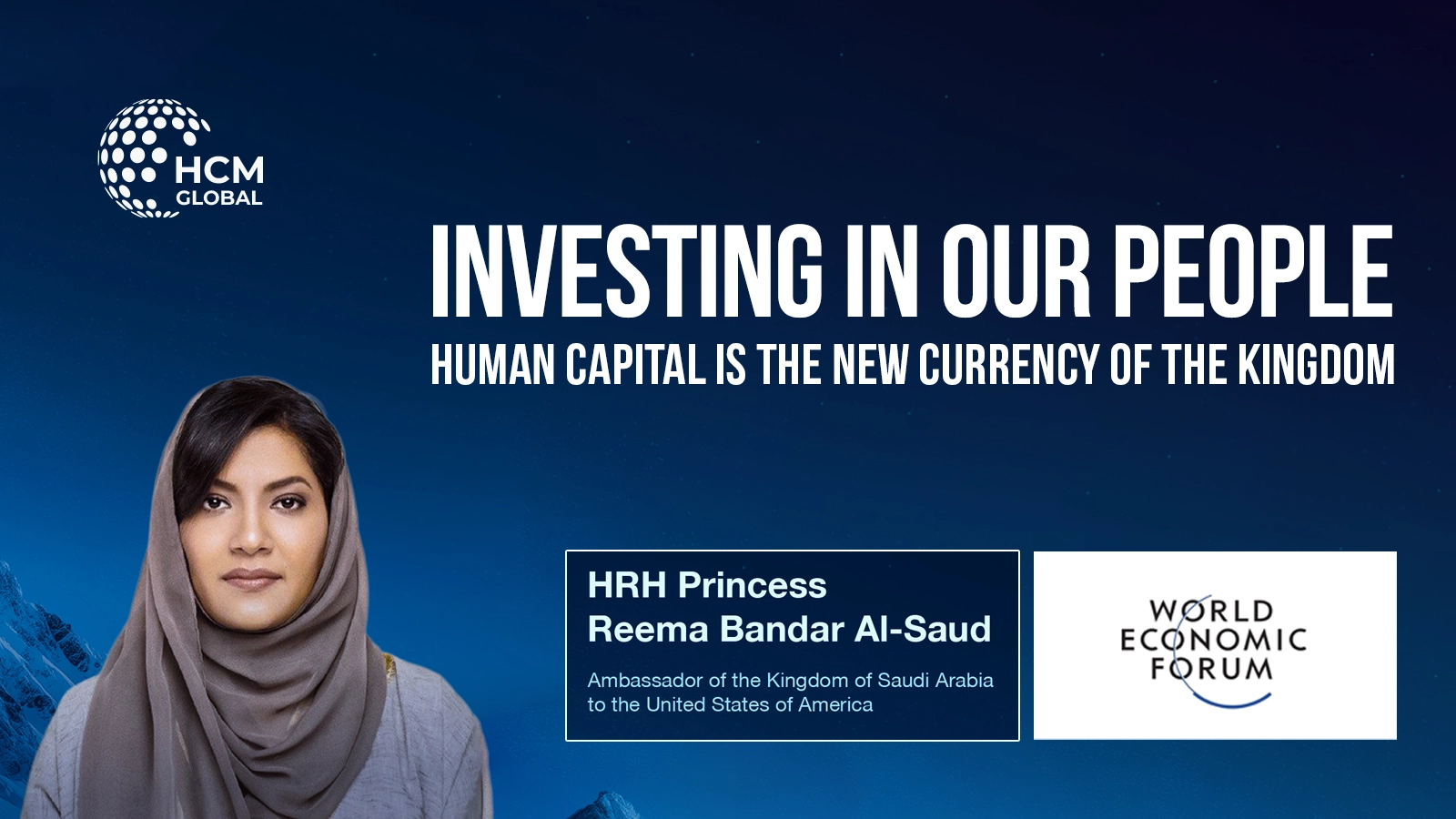In the fast-paced business landscape of the UAE, staying compliant with the Ministry of Human Resources and Emiratisation (MOHRE) is not just a legal obligation—it is the backbone of a sustainable business. For HR managers and business owners, the question isn’t whether a UAE labour inspection will happen, but rather: Are we ready for it today?
As a leader in global manpower and HR integration, HCM Global Group understands that navigating the complexities of the UAE Labour Law (Federal Decree-Law No. 33 of 2021) can be daunting. In this guide, we break down how inspections work and how you can safeguard your company.
What Triggers a UAE Labour Inspection?
While some inspections are part of routine “compliance sweeps,” others are triggered by specific red flags in the MOHRE system. Common triggers include:
- WPS Non-Compliance: Frequent delays in salary transfers via the Wages Protection System.
- Employee Complaints: Multiple labor disputes or complaints filed by staff.
- High Risk Factors: Inconsistencies in your company’s data, such as expired trade licenses or work permits.
- Emiratisation Targets: Failure to meet the mandatory growth targets for skilled Emirati employees.
The 3 Main Types of Inspections
MOHRE inspectors (formerly referred to under the MOL umbrella) typically conduct three types of visits:
1. Administrative & Document Audits
Inspectors review your digital and physical files. They look for valid employment contracts, up-to-date visas, and clear job descriptions that match the employee’s actual role.
2. Wages and WPS Audits
This is a deep dive into your payroll history. The ministry ensures that the salary mentioned in the contract matches exactly what is being paid through the bank.
3. Occupational Health and Safety (OSH)
For companies in construction, manufacturing, or those providing staff housing, inspectors check if accommodations and work sites meet UAE safety and hygiene standards.
How to Prepare: Your Compliance Checklist
At HCM Global Group, we help our partners maintain “audit-proof” records. Here is what you should have ready at all times:
| Area of Focus | Key Requirements |
| Contracts | Ensure all employees are on fixed-term contracts registered with MOHRE. |
| Payroll | 100% of salaries must be processed through WPS on time. |
| Documentation | Maintain a digital “Electronic Profile” for every worker (Visas, IDs, Insurance). |
| Health & Safety | Valid Civil Defense certificates and safety training records. |
| Emiratisation | Accurate tracking of Emirati headcount and Nafis registrations. |
What Happens During a Visit?
Under UAE law, authorized inspectors have the right to enter any establishment during working hours without prior notice.
During the visit, they may:
- Question managers or employees privately.
- Request immediate access to your HRMS (Human Resources Management System).
- Take samples or photographs of the work environment.
- Review attendance and leave records.
Pro-Tip: Always designate a “Point Person” (such as a PRO or HR Manager) who is well-versed in the latest regulations to accompany the inspector.
Why Compliance Matters in 2026
Non-compliance is no longer a small hurdle; it can lead to heavy fines, suspension of your work permit quota, and even legal action.
As the UAE moves toward “Zero Government Bureaucracy,” MOHRE is using AI-powered risk prediction systems to identify companies that are out of sync. This makes proactive HR management more critical than ever.
How HCM Global Group Can Help
Managing a large workforce—especially blue-collar or industrial staff—requires precision. HCM Global Group specializes in:
- Manpower Supply & Recruitment: Ensuring every worker we supply is fully compliant with UAE laws.
- EOR & Payroll Services: Taking the stress out of WPS and contract management.
- HR Integration: Building systems that keep you ready for any inspection, any time.
Final Thoughts
A UAE labour inspection shouldn’t be a source of stress. When your documentation is digital, your payroll is transparent, and your employee welfare standards are high, an inspection is simply a chance to prove your excellence.
Does your current HR setup meet the 2026 MOHRE standards? Contact HCM Global Group today for a compliance audit and let us help you build a future-proof workforce.

